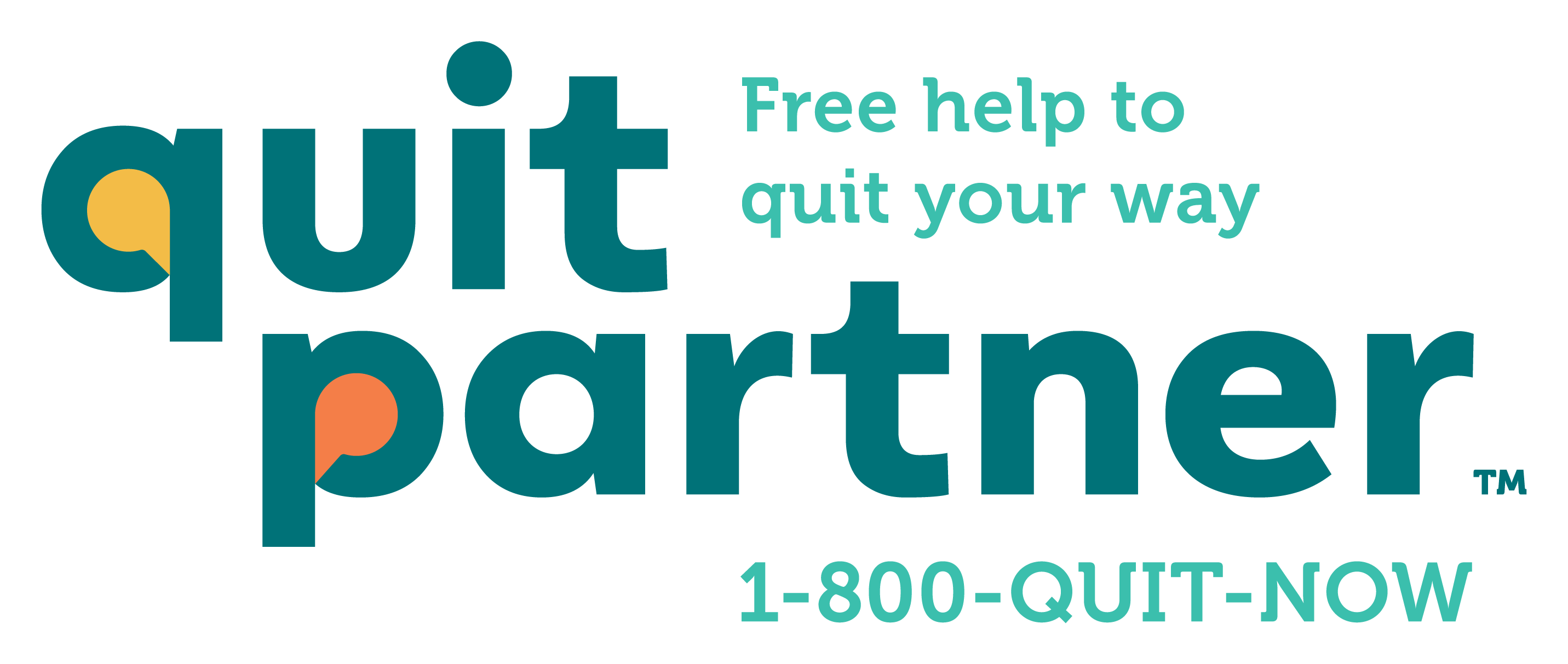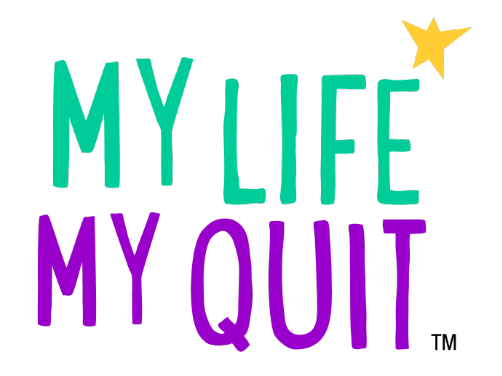Commercial Tobacco Use
- Commercial Tobacco Use Home
- Data and Reports
- Get Help Quitting
- Prevention and Treatment
- Tobacco and Your Health
Learn More
- Behavioral Health and Commercial Tobacco
- E-cigarettes and Vaping
- Flavored Commercial Tobacco
- Menthol Commercial Tobacco
- Nicotine and Nicotine Dependence
- Nicotine Pouches and Other Emerging Products
- Promoting Quitting and Treatment
- Secondhand Smoke and Aerosol
- Smoke-Free Housing
- Traditional and Sacred Tobacco
Related Topics
Contact Info
Commercial Tobacco Use
Nicotine and Nicotine Dependence
Nicotine is a highly addictive chemical commonly found in cigarettes, e-cigarettes (vapes), and other commercial tobacco products. Nicotine affects the brain, especially in young people, and can lead to long-term addiction and mental health problems.
On this page:
Health risks for youth
Nicotine and fetal and infant health
Nicotine poisoning
Nicotine dependence and mental health
Get free help to quit smoking or vaping
Health risks for youth
Nicotine is especially harmful to teens and young adults because the human brain is still developing until about age 25. Even small amounts can cause lasting changes that affect learning, memory, attention, and behavior.
- Brain development: Nicotine can damage brain growth, making it harder to focus and learn.
- Addiction risk: Teens can become addicted quickly, sometimes before they even use nicotine daily. Nicotine exposure also makes teens more susceptible to future addiction to commercial tobacco and other substances.
- Mental health: Many teens believe vaping helps with stress, but nicotine exposure through vaping can actually worsens symptoms of anxiety and depression. Young people who vape feel anxious or irritable when they don’t have nicotine, leading to a cycle of dependence (see Nicotine dependence and mental health).
No amount of nicotine is safe for youth.
Youth vaping and nicotine exposure
Free help for teens to quit vaping, smoking, or using other commercial tobacco and nicotine products.
Visit mylifemyquit.com.
E-cigarettes can contain extremely high concentrations of nicotine. For example, many of today’s disposable e-cigarettes contain levels of nicotine comparable to several cartons of cigarettes.
E-cigarettes are the most used commercial tobacco product among Minnesota youth. Data from the 2023 Minnesota Youth Tobacco Survey show 13.9% of Minnesota high school students reported vaping in the past 30 days. Data also show increasing nicotine dependence among youth. Overall, 79.6% of students who vaped in 2023 report one or more signs of dependence, an increase from 70.4% in 2020.
Learn more
- Health Advisory: Nicotine and the Escalating Risk of Addiction for Youth (PDF)
- E-cigarettes and Vaping | Commercial Tobacco Use
- News Release: Nicotine dependence intensifies among Minnesota teens who vape (July 2024)
- Bigger, stronger, and cheaper: Disposable e-cigarettes have more nicotine and are more accessible than ever | Truth Initiative (August 2023)
Nicotine and fetal and infant health
Smoking, vaping, or using other commercial tobacco or nicotine-containing products poses danger to people who are pregnant and unborn children. Fetal exposure to nicotine can have a variety of negative long-term consequences including sudden unexpected infant death (SUID), impaired brain and lung development, auditory processing problems, effects on behaviors and obesity, and deficits in attention and cognition. Studies also indicate that fetal nicotine exposure is associated with nicotine dependence in adolescence.
People who are pregnant or who intend to become pregnant should avoid smoking, vaping, or using other commercial tobacco products to minimize unnecessary exposure to nicotine.
Learn more: Health Advisory: Nicotine Risks for Children, Teens, and Pregnant Women (PDF)
Nicotine poisoning
Nicotine can be toxic in high doses, especially for children. Symptoms of nicotine poisoning include nausea, vomiting, seizures, and trouble breathing. In high enough doses, nicotine can be deadly.
If you suspect nicotine poisoning, call the Minnesota Poison Control System at 1-800-222-1222.
Nicotine dependence and mental health
Nicotine dependence is when a person becomes addicted to nicotine. It happens because nicotine affects the brain’s reward system, making people crave it and feel withdrawal symptoms when they try to quit. Nicotine is a stimulant that speeds up communication between the brain and body. It triggers the release of dopamine, a chemical that makes people feel good. Over time, the brain adjusts to nicotine and needs more to get the same effect, leading to dependence. The more nicotine someone uses, the harder it can be to quit.
Signs of nicotine dependence include:
- Strong cravings for nicotine.
- Difficulty quitting, even after multiple attempts.
- Withdrawal symptoms like irritability, anxiety, trouble concentrating, and increased hunger.
- Continued use despite health problems.
- Avoiding smoke-free places or social situations where nicotine isn’t allowed.
Nicotine dependence can worsen mental health, despite misconceptions that nicotine helps relieve stress. Quitting smoking, vaping, or using other commercial tobacco products can help relieve stress and improve mental health.
If you need immediate emotional or mental health support, or are worried about someone else, please call or text 988 or visit 988lifeline.org to chat with a trained specialist.
Get free help to quit smoking or vaping

Get free coaching, text and email support, and medications like nicotine patches, gum, or lozenges.
Visit quitpartnermn.com.
Most people who smoke, vape, or use dip or chew want to quit. Quitting has both immediate and long-term health benefits. It also helps protect family and friends who may be exposed to secondhand smoke or aerosol from e-cigarette use (vaping), especially infants and those who may have asthma or other chronic health issues.
Free help is available to all people who live in Minnesota. People who use phone coaching and quit medications are twice as likely to successfully quit.
Learn more: Get Help Quitting | Commercial Tobacco Use
